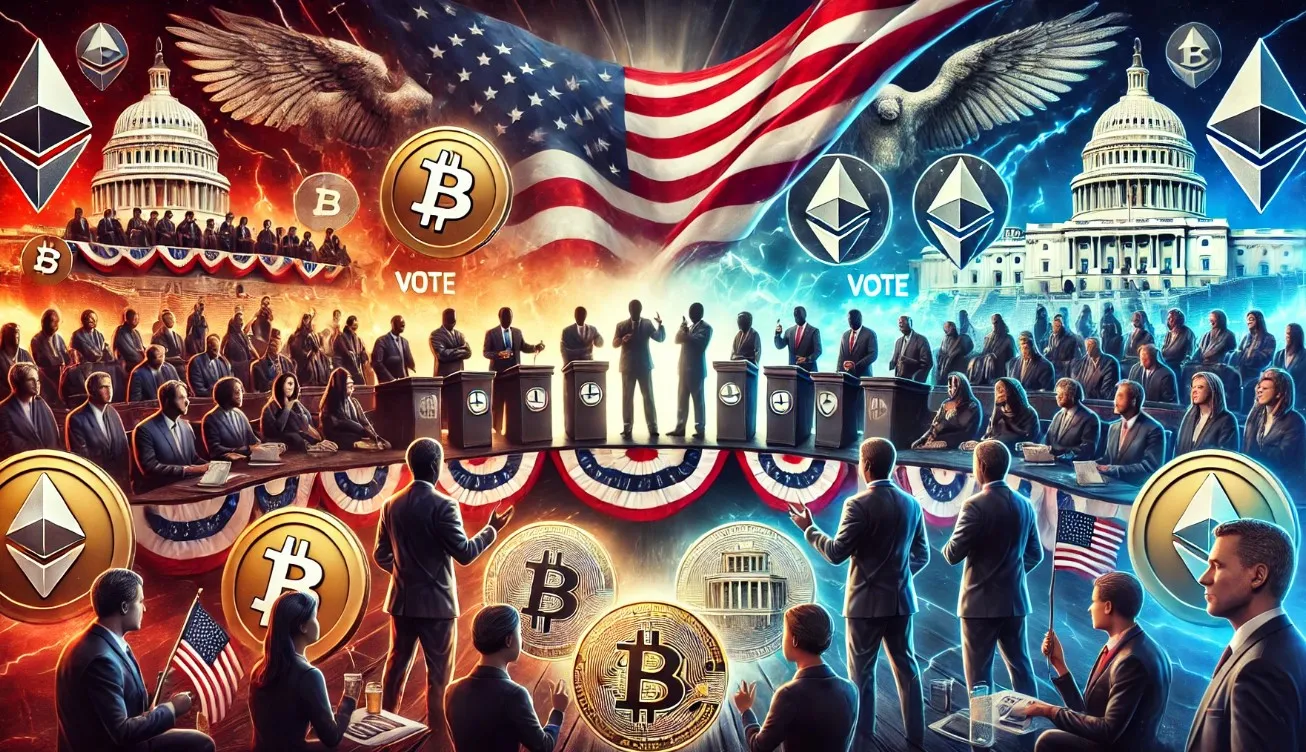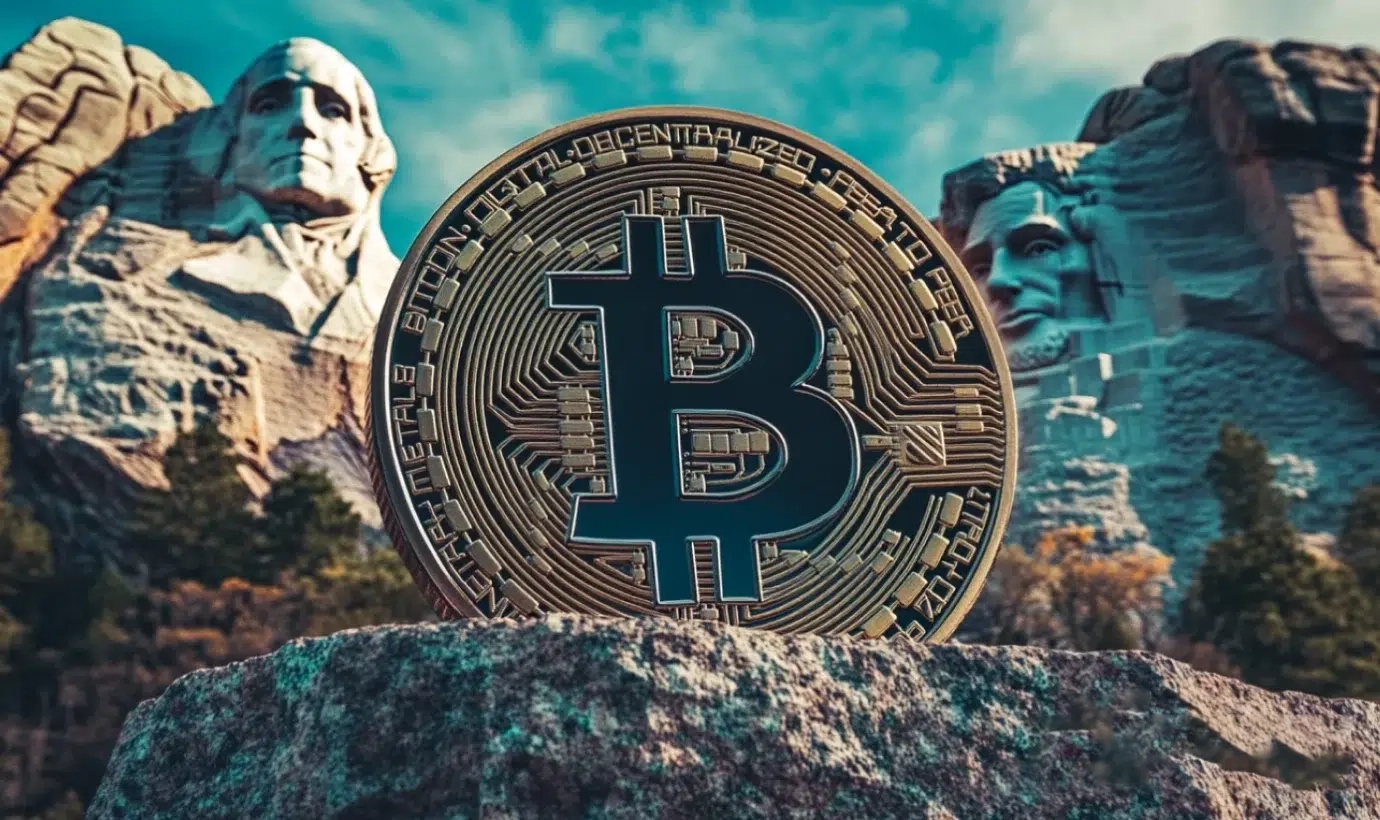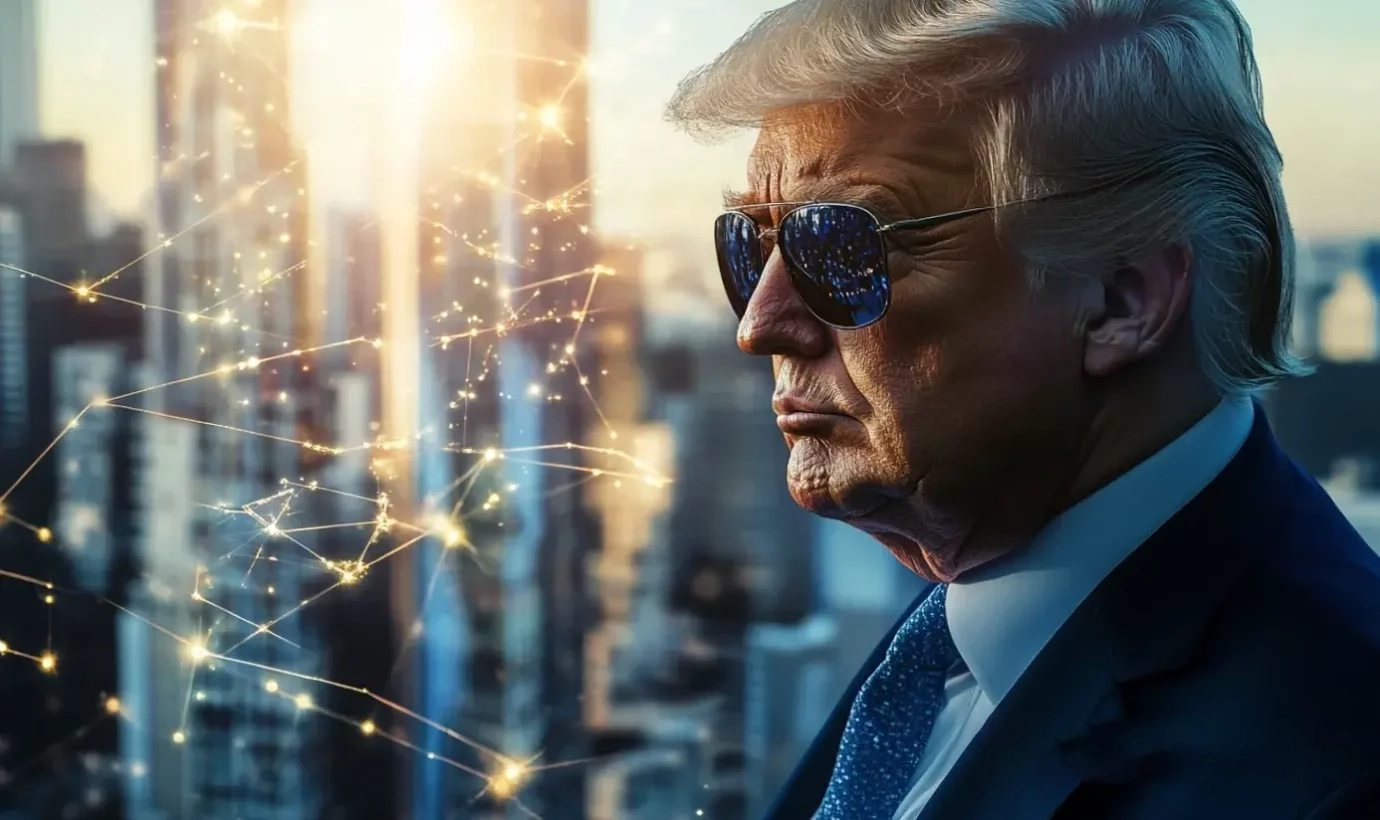Your Source for the Latest in Crypto Trends
The debate around regulating cryptocurrency and election betting is heating up in the United States. Congress faces a crucial decision: should they take control and set rules, or let these industries continue to grow with minimal oversight?

Trade, payments, and investments in cryptocurrency have grown in popularity in recent years. While the rise of digital currencies like Bitcoin and Ethereum has opened up new financial possibilities, it has also raised concerns. Many lawmakers worry about issues such as fraud, money laundering, and how crypto might affect the economy.
The main problem is that the rules around cryptocurrency are still unclear. Currently, various government agencies hold divergent opinions regarding cryptocurrency regulation. Some want stricter laws to protect investors and prevent illegal activities, while others argue that too much regulation could harm innovation.
Betting on elections is another issue Congress is looking at closely. While political event betting is legal in some countries, it remains largely illegal in the U.S. However, with the growth of online betting platforms, some people think it’s time to reconsider this ban.
Supporters of election betting argue that it can make politics more intriguing and help people stay informed about the issues. They also believe that allowing regulated betting can reduce illegal gambling. On the other hand, critics worry that betting on elections could undermine democracy, with concerns about influencing voters or even manipulating the results.
The question remains: Will Congress act to control these industries, or will they let the markets continue without much interference? Several lawmakers have already introduced bills to create clearer rules for cryptocurrency, but they haven’t passed yet. Meanwhile, the debate over legalizing election betting remains unresolved.
As Congress continues to discuss these topics, it will have to balance the need for regulation with the benefits of innovation and economic growth. Lawmakers need to decide whether to tighten the rules to protect the public or take a hands-off approach that could allow these industries to flourish but come with more risks.
The decisions Congress makes on cryptocurrency and election betting could shape the future of these industries in the U.S. Will they set strict rules to prevent problems, or will they let things develop naturally? The outcome will affect not just investors and bettors but everyone interested in the future of technology and politics.





